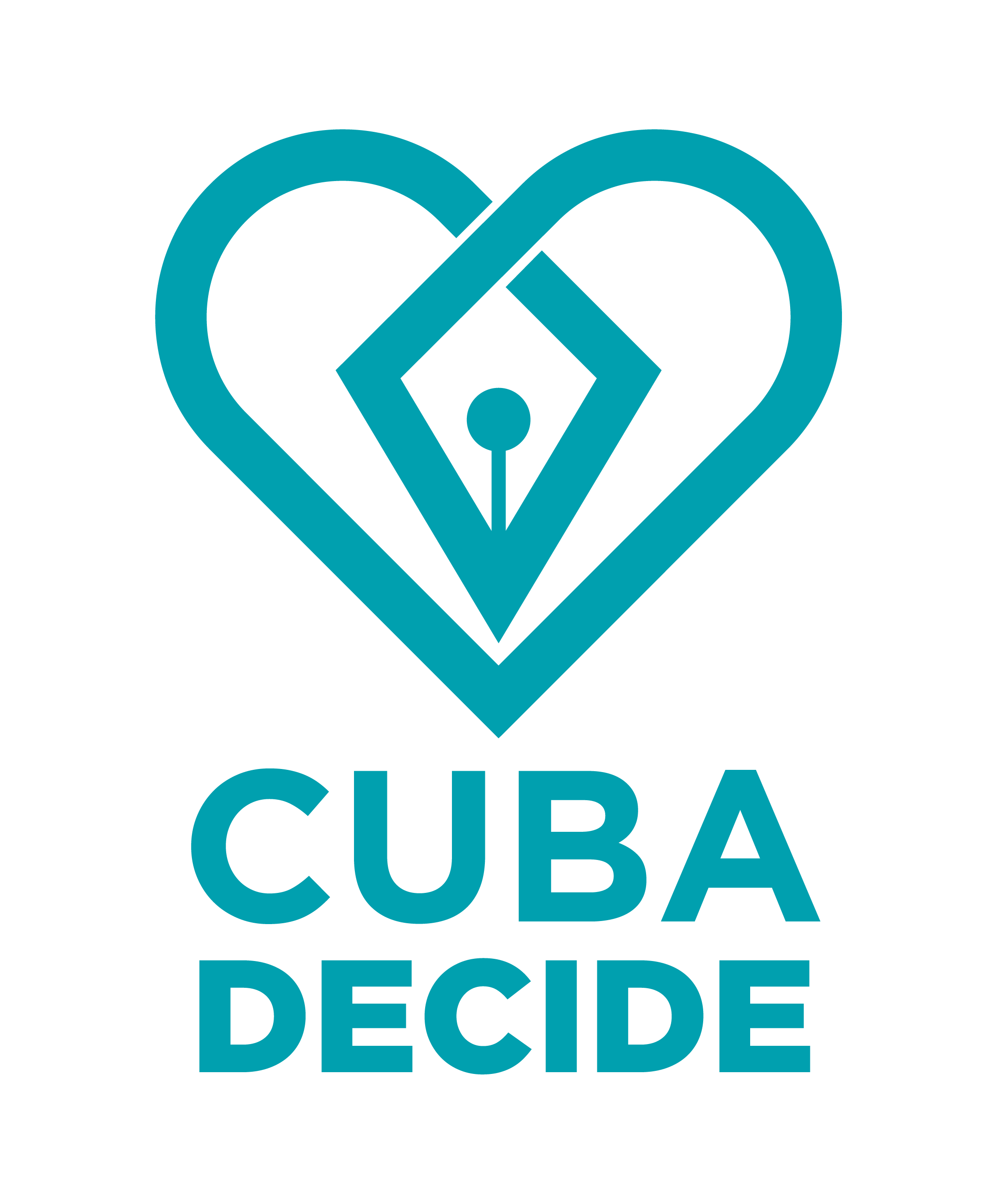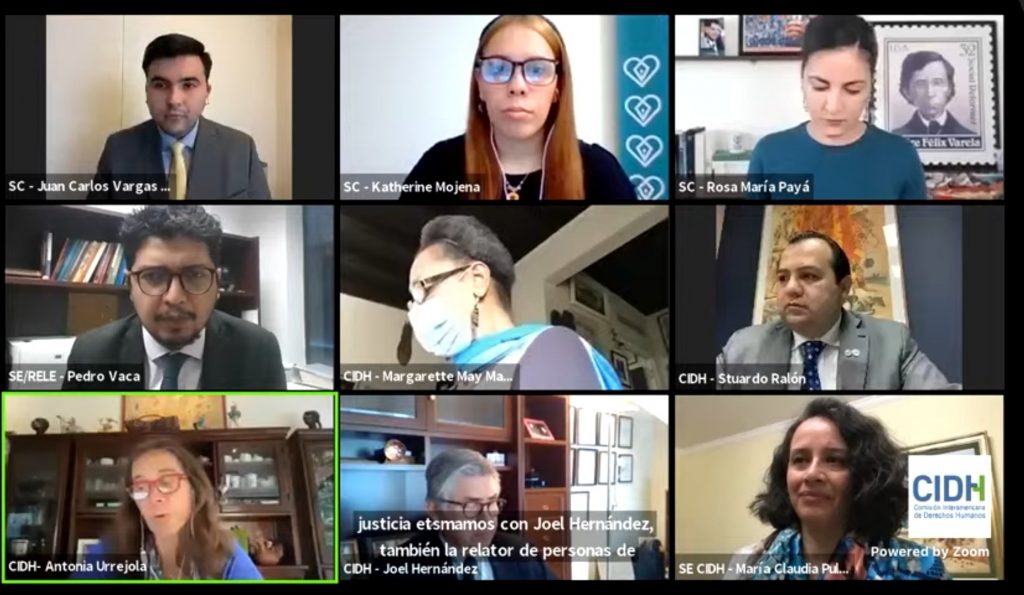On March 18, before the Inter-American Commission on Human Rights of the OAS, a coalition of organizations presented evidence demonstrating the regime’s several acts of repression in the midst of the pandemic, and also expressed concern about the application of systemic patterns that that have been applied in different ways during the last year and violate human rights.
The coalition, led by the Center for Incident Reports of the Foundation for Pan-American Democracy (FDP), comprises the Latin American Network of Youth for Democracy (LAC Youth), the Patriotic Union of Cuba (UNPACU), the Center for Action and Defense for Human Rights (CADEF), Impulsa Latinoamérica and Civil Rights Defenders. The executive director of the FDP and promoter of Cuba Decide, Rosa María Payá, pointed out that “the repressive actions of the regime have even more grave consequences in the midst of the humanitarian crisis that Cuban families are facing. As protests in favor of democratic change increase in Cuba, acts of terror from the state against citizens increase along with them. Deliberately using coercion and violence against specific groups to instill fear in the population is called terrorism and the dictatorship practices this on a daily basis. The regime exercises state terrorism against the Cuban people. ” The participants of the IACHR public hearing are left perplexed by the inexplicable internet connection problems experienced by all attendees simultaneously during the session. In this regard, the president of the Commission, Antonia Urrejola, said: “I am very sorry about the situation; we are going to find out exactly what has happened. This has never happened to us… we are going to see if these connection problems continue or if it was simply for this hearing. It is needless for me to say the interpretations that I can give regarding this”. The coalition will request an urgent meeting that will include all of the commissioners who participated in the public hearing in order to ensure that all of the information is properly heard and to understand what happened with the connection.
In spite of the difficulties, the director of the FDP Center for Incident Reports, Juan Carlos Vargas, indicated that “within the last year, systemic patterns of human rights violations have been applied by the government of Cuba as a state policy. In fact, the records of our Center have exclusively documented more than 1,050 victims who have suffered repressive incidents such as harassment, arbitrary detentions, beatings, and cruel or degrading treatment, among others carried out directly or indirectly by representatives of the State.”
In turn, Katherine Mojena, a collaborator of the Center, member of UNPACU and promoter of Cuba Decide, illustrated the various patterns of repression identified from the documentation of the incidents to the commission. Four patterns were identified: Detentions for political reasons under the guise of violating pandemic safety measures and the use of health care centers and hospitals as places of confinement and isolation. Abuse of COVID-19 prevention regulations to impose fines on journalists, communicators and citizens for documenting and reporting state abuses and manipulation of telecommunications services. Deploying police to surround homes of independent activists, political opponents, communicators and human rights defenders along with other acts of repression towards them. Arbitrary confiscation and obstruction of aid and humanitarian efforts from civil society organizations, churches and independent citizens. The exhibition was accompanied by the testimonies of José Daniel Ferrer, the leader of UNPACU; the young political prisoner, Keillylli de la Mora; the activist, Anyell Valdés; the freelance journalist, Iliana Hernández; and the artist and dissident Maykel (Osorbo) Castillo, member of the San Isidro Movement and performer of Patria y Vida.
The public hearing is available for full playback on the FDP Center for Incident Reports (Centro de Denuncias) Facebook page: https://www.facebook.com/centrodedenunciasFDP |


